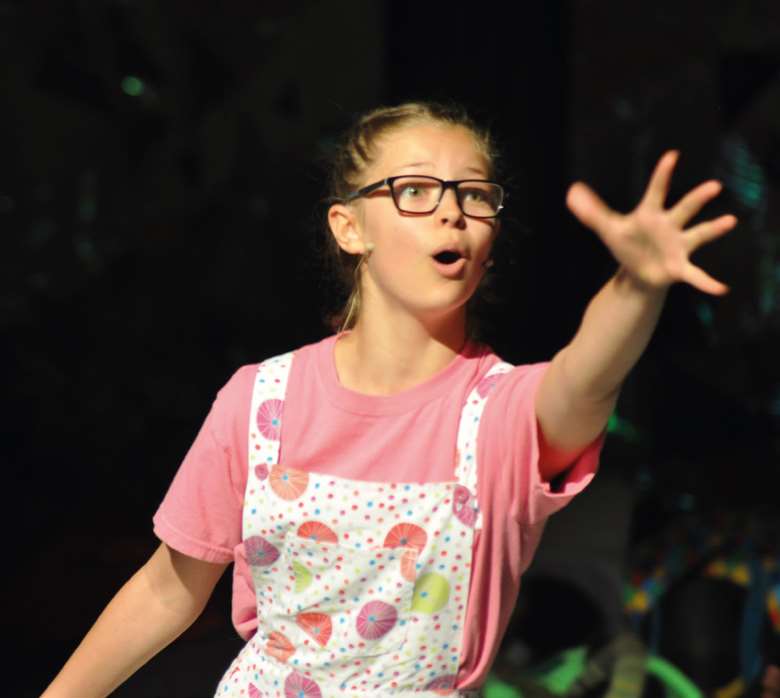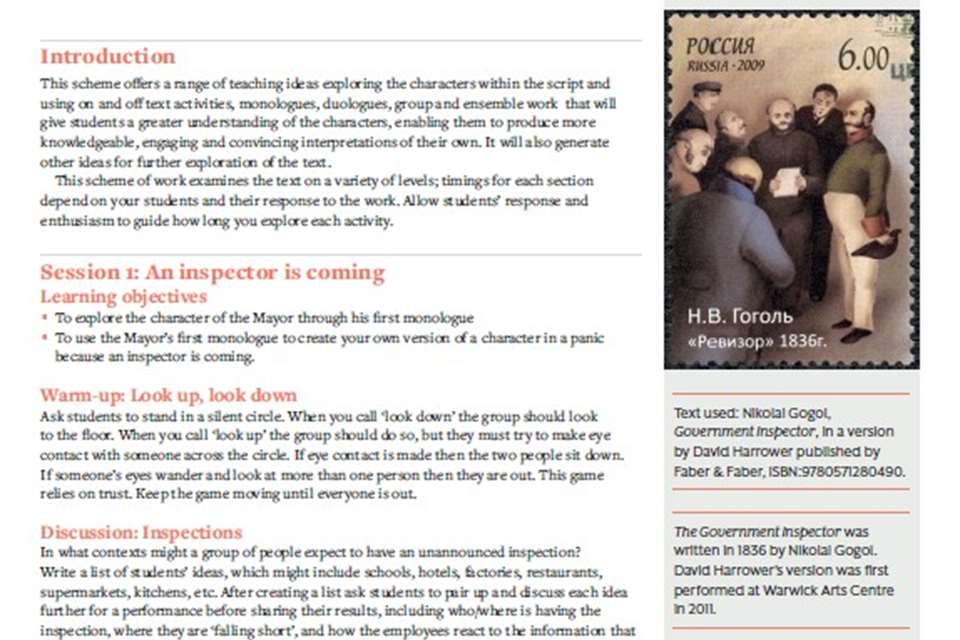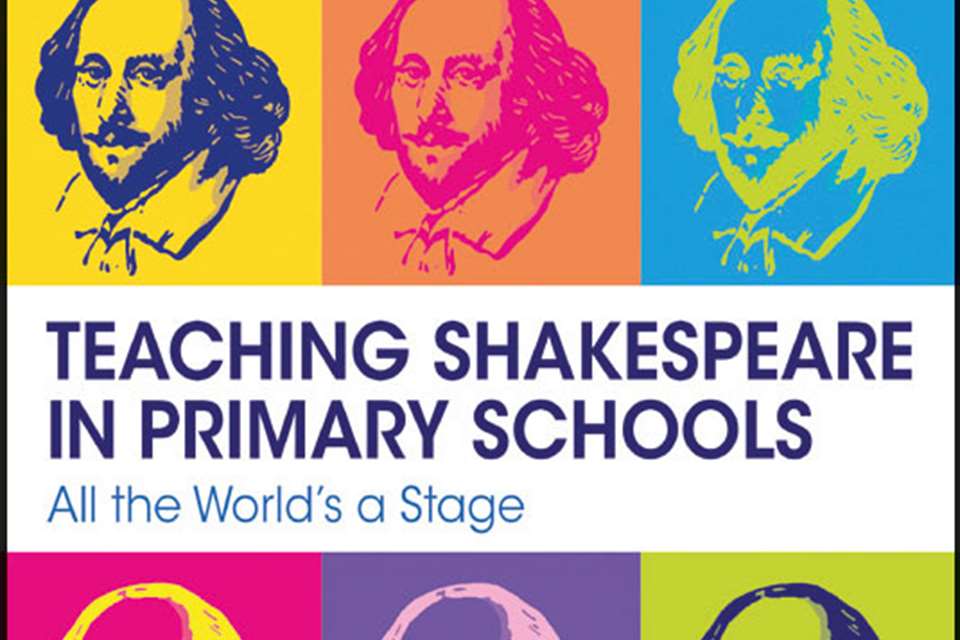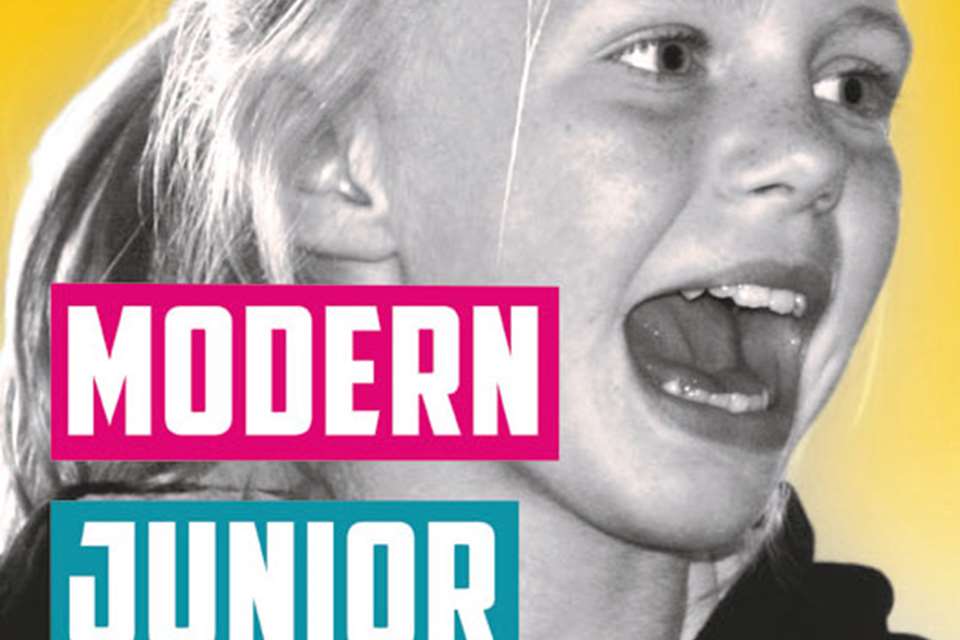Wonderland by Kate Belcher
Kate Belcher
Wednesday, February 1, 2023
Each issue of D&T we bring you a page-to-stage focus on a play for performing with your students. This issue, Kate Belcher introduces her musical Wonderland.

Kate Belcher
Alice’s Adventures in Wonderland is a strange and wonderful novel written by Lewis Carroll in 1865. The text of the book, however, is dense and old-fashioned. What relevance does it have for a 21st-century young performer?
Young performers often enjoy a sense of the ridiculous and grotesque. They relish the opportunity to indulge in eccentric and over-the-top characters that they can really have some fun with. With this in mind, it is important to give all the performers in the production a chance to experiment with this style of acting.
Script and roles
The script of Wonderland offers just such opportunities. The cast is large, and each performer has a named speaking role. As a director this is very important, as offering a child the role of Third Spear Carrier is belittling and makes that child feel that their contribution to the production is smaller and less important than a main featured role. By ensuring each child has a named part in the show, each performer is given a sense of ownership and becomes an integral part of the ensemble.
Having said that, the role of Alice is split into eight different parts, but this dilutes the prospect of one member of the cast becoming the star and taking all the limelight. It offers the chance of playing the eponymous character to eight actors rather than one, giving eight people a possibility to shine. This contributes to the overall feeling of a collaborative experience for all the members of the cast.
Themes
Alice’s story looks at her search for knowledge and identity in the peculiar world of Wonderland. Alice undergoes emotional upheaval and physical transformations, encounters outlandish creatures and finally gains a self-confidence and maturity to see the world in a different light. The script of Wonderland places Alice firmly in the modern world where she sees the prospect of growing up to be boring and oppressive. However, as she takes a journey through Wonderland, she meets a vast array of adult figures, human and animal, animate and inanimate, all of whom try to exert their power and influence over her. She manages to navigate them all and find her own version of wisdom that she can take back to her uncomprehending parents.
Structure
This journey allows the director of the piece to split the story neatly into sections, which facilitates an easier rehearsal process. Each Alice is responsible for taking us through another step in the character’s development. Alice 1 runs away from her parents, Alice 2 follows the White Rabbit down the hole, and Alice 3 works out the key/small door conundrum. Each step of the process can be rehearsed separately. Large company numbers can bring the whole cast together for rehearsal and create the important feeling of a shared creative process.
Musical numbers
The songs are an integral part of the production. While some of the speaking parts are smaller than others, almost all the songs are company numbers. This allows the full cast to take part in the show’s major set pieces and enjoy singing in a large group. Less confident solo actors can feel secure within the body of the ensemble.
Set and staging
The staging of Wonderland may feel daunting at the outset, with its myriad locations and technical challenges. It might be a good idea to hold initial brainstorming sessions with the cast to elicit their ideas about these potential problems. If there are no concepts or designs forthcoming, the package provided by The School Musicals Company is full of them, from costume to scenery and staging. It offers ideas of how to stage the scenes with Alice falling down the rabbit hole, growing and shrinking, and the Cheshire Cat disappearing and reappearing, all within the limitations and budgets of each individual production. This removes a great deal of stress from the director and can provide the impetus for inventive set and prop making.
This updated and exciting new adaptation brings Alice into our modern world and provides a new angle to her story, giving her the opportunity to talk to her parents about letting a little colour and fun into their own lives. It offers the character of Alice the opportunity to grow up without fear of being incapable of navigating the adult world. She is able to question her own thoughts and feelings and to be able to make up her own mind about the world around her.
This production enables its young cast to take a look around them, think about what they hear and see and form their own opinions. Plus, it’s a lot of fun for performers and audience members alike.
Find out more about Wonderland at theschoolmusicalscompany.com/products/wonderlandthe-musical-secondary.










